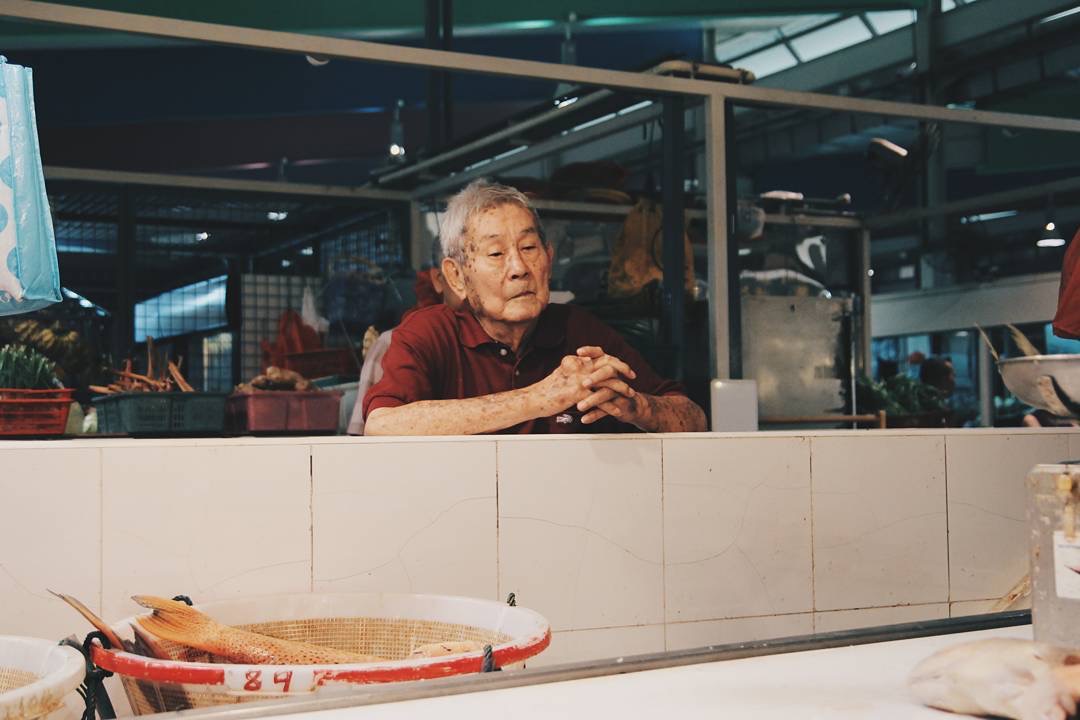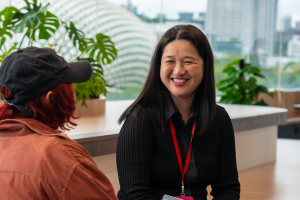Elderly uncles gather around their usual kopitiam table to lim kopi, passionately complaining about the gahmen and their useless grandchildren with their annoying ang moh pop culture. In the same kopitiam, a young boy runs from the chicken rice stall to his mother’s side, a folded 10 dollar note clenched in his fist.
“Mummy, how do I tell the uncle I want the chicken thigh only?” he chirps.
These are normal occurrences in the daily lives of Singaporeans. In a setting like this, one witnesses a familiar disconnect: while most of the elderly rely heavily on dialect to converse with one another, the younger generation are perfectly well off without any of it.
Today, conversations around the “death of Singapore’s dialects” are nothing new.
Most of us have heard it more than once, the emphatic “How can you not know how to speak Hokkien?”, the chastising “Next time how to teach your children!?”, and even the moralising “Not paiseh meh? Own dialect also don’t know how to speak.”
Granted, I may be an embarrassment to my ancestors, as may the rest of Singapore’s English speaking folks. But the reality is that arguments for ‘heritage preservation’ and ‘communicating with the elderly’ don’t quite hit home anymore.
While I’m all for preserving our nation’s dialects, many simply don’t see any reason to make the effort. When interacting with our grandparents, we’re happy to settle for smiles and nods in place of actual conversation. When ordering food, we make do with whatever passable Mandarin we can conjure.
But what if we need dialects to exist for more than just some practical reason?
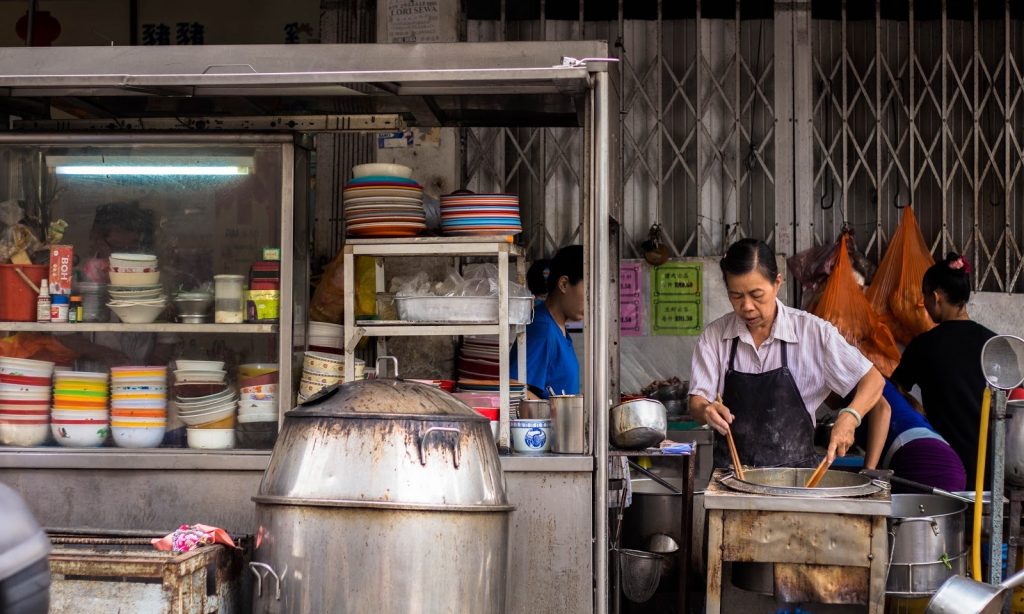
Like most young Singaporeans, Phina, a 23-year old student, is not fluent in Hokkien. Other than the occasional smattering of phrases in her daily Singlish, she mainly relies on it to communicate with her grandparents and order food in hawker centres.
To my surprise, she doesn’t mention anything to do with cultural preservation when I ask her why it matters that we continue to speak Hokkien. Instead, she expresses that speaking the dialect might contribute to a better understanding of our own culture.
“Speaking it might be a step forward in understanding ourselves better.”
This is true for most Chinese Singaporeans. Hokkien is not merely a language, but a sense of belonging as well. Here in Singapore, many grow up in a very Westernised context. We consume Western pop culture and use the language of American politics, only to eventually realise that something’s off.
We don’t know who we are, and pieces of our “identity puzzle” just don’t fit into place. We begin to yearn for a deeper understanding of who we are.
We see this most clearly in the rise of Asian media channels. SGAG, a spin-off on 9GAG, provides funny Singaporean-based humor which often can only be understood if you’re a Singaporean who has some grasp of dialect. Then there are the Youtube Channels that deal with “The Struggles of Being Asian” and “Things only Hokkiens Can Relate to.”
Underneath this fun and humour is something deeper—a hunger for relatable Asian content. Whether we realise it or not, such humour provides us with a sense of identity that is glaringly missing from Western media. (Crazy Rich Asians, anyone?)
All over the globe, from American-born Hongkies to everyday Singaporeans, people are trying to figure out who they are. More and more people are moving towards trying to know more about their roots, embracing their native nationalities and dialects. So why not embrace our dialects and learn to actually speak it?

Nick, an insurance agent we once featured, was kind enough to share his views on the state of dialects in Singapore
Nick’s mom is Cantonese and his father is Hokkien. Funnily enough, both of them never imagined they would tie the knot together. Mainly because his mother held a severe disdain for Hokkien people, thinking that they were crude and rough mannered. His father, on the other hand, felt that the Cantonese dialect was evil because of the words and phrases commonly used.
Because of his work, the type of people Nick regularly meets tend to be more comfortable speaking in dialect. Hence, it’s crucial that he can converse in Hokkien, Cantonese, and Teochew. While most of his clients or devotees may be able to speak English or Mandarin (albeit sometimes with a lot of effort), a word or two from a familiar tongue can help break the ice. It loosens up the other party, instantly forming a bond between them.
None of this changes the fact that Mandarin still matters. It’s just that when supplemented with other dialects, it can make a world of a difference when it comes to establishing relationships and a sense of shared identity.
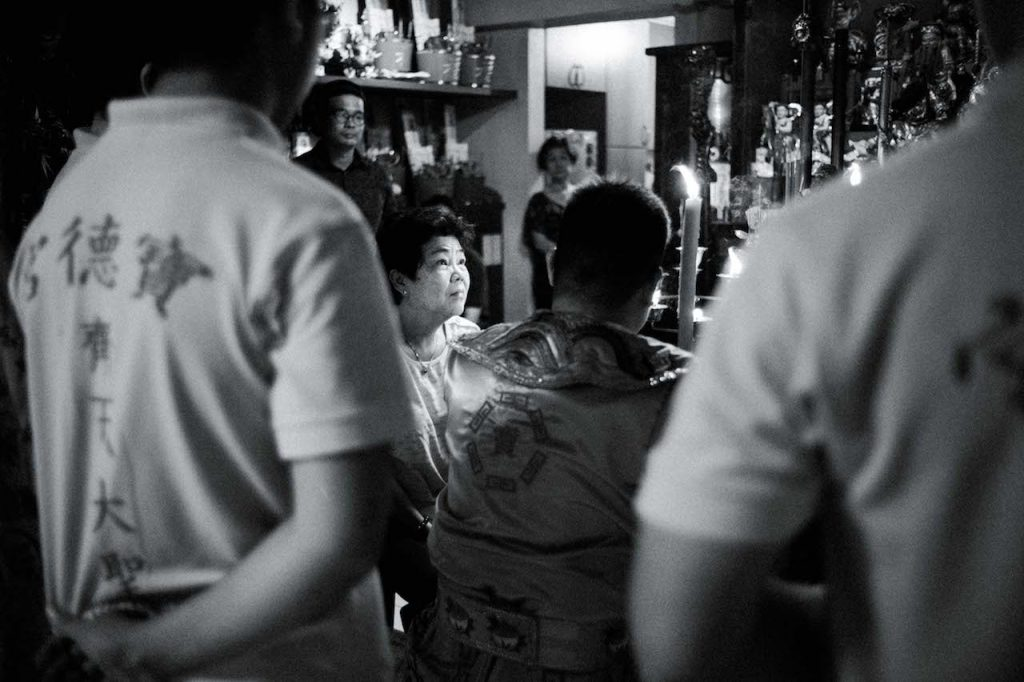
Nick has also observed some differences between himself and young people who don’t speak at least decent Hokkien.
“I think it comes down to parental teaching, moral values and way of life. With dialects, you can learn more values compared to those atas types of English or Mandarin people,” he says.
And he has a point. In dialect-centric households, values like family loyalty and respect for one’s elders are deeply ingrained in the upbringing of children.
While this might not be a convincing argument for those who think that traditional Asian values are BS, here’s something else to think about.
There’s nothing special about speaking to your barista in English, nor is there anything unique about speaking Mandarin to your colleagues. But have you ever experienced the joy of asking the cai png auntie what she had for lunch, in Hokkien?
To see her face light up at the young fellow who can speak it, when so many others can’t? There really isn’t anything that can replicate that feeling, which is not unlike what happens when a foreigner can Singlish just as effortlessly as us. It’s hard to explain that sense of shared cultural experience.
On that note, it’s also worth considering that while many of us no longer see the need for dialects, whether at work or in our social lives, guys like Nick are not alone. Much of the ‘disappearance’ of dialects is seen only in certain more privileged demographics. So perhaps a knowledge of dialects can help bridging the gap between high and low SES communities.
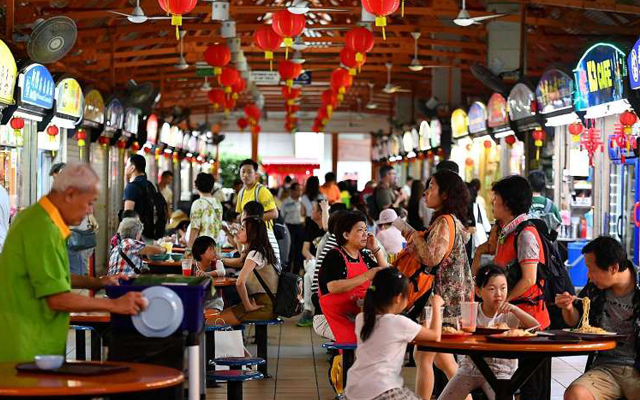
In 1966, a report made by then Minister of Defence Dr Goh Keng Swee, The Goh Report, showed that less than 40% of students were achieving minimum levels of competency in both English and Mandarin. Eventually, it was determined that this was due to the use of dialects like Hokkien and Cantonese at home and amongst friends.
Basically, we were just single-minded goldfish who could only focus on so many things.
Thus was born the “Speak Mandarin Campaign.” Launched in 1979 by the late PM Lee Kuan Yew, the campaign was an effort to create a conducive Mandarin-speaking environment and aimed to stop the use of dialects among young Chinese Singaporeans within 5 years of its launch date.
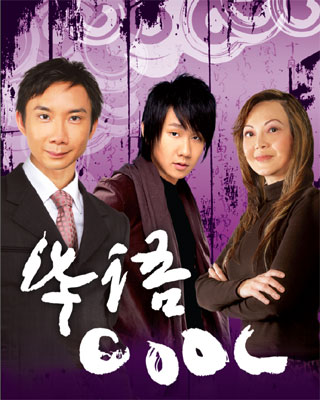
As China rose to become the current Superpower it is today, people began to realise how important it would be to speak, read, and write Mandarin in order to ‘keep their competitive edge’.
The campaign was effective in further establishing Mandarin as a common language, thus bringing together Singaporeans of different ethnic backgrounds and upbringings with an effective means of communication.
But are these ways of thinking still relevant?
English and Mandarin are without a doubt the key players in Singapore today. Surely the campaign was effective in its initial goal of enforcing Mandarin within society. Yet times have changed, and Singapore has come a long way from being a mere speck on the map. We can now afford to prioritise our dialects, mother tongues, cultural identity, and everything that had previously been forgoed for the sake of economic progress.
In the process of aiming for the stars, to share the same stage as bigger, more well-developed countries, we’ve sacrificed a part of our roots and it’s now due time to bring them back.
In the past few years, the pressure to abolish dialects has somewhat decreased. The Speak Mandarin Campaign is championed in mainly primary schools and in its stead, both TV programmes and Youtube videos romanticising the use of dialects have sprouted.
Dialects are rapidly being re-incorporated into Singaporean media and people are happily lapping up every bit of it.

I know, I know. Singaporeans LOVE Singlish, it’s something we fully own and truly appreciate. We fiercely defend our slang and revel in the sense of togetherness it provides. So why ignore dialects which make up a huge part of it?
To really be true to our Singaporean identity, we can’t just embrace our version of a mixed-up English. We have to fully embrace all the separate languages which it consists of. Learn them each for what they are, and acknowledge our identities as Singaporeans, not Westernised Asians with a unique slang.

To put things into perspective, Mandarin may be important, but dialects like Hokkien are what truly make Singapore Singapore. English and Mandarin may be a means of communicating with the rest of the world, but our dialects are the only way we can truly communicate with each other.
Granted, few of us (hardly any) use dialects often when speaking to our peers, instead looking towards Singlish, a miscellany of all these combined. What we should do is aim to perfect these three separately instead of mixing them all up together which only results in us not even knowing what certain words mean.
Just like how we’ve developed Singlish as a reflection of our culture, we should try to fully own our dialects as a part of our identity as well. Aren’t we already proud when we throw in Hokkien and Cantonese words into our conversations? Why not learn to be familiar with them in their entirety?
To answer the question: Yes, Hokkien will persevere. Thanks to an increase in its representation in media and pop culture, thanks to the households that still rely on it, dialects will manage to push through. As long as we acknowledge its relevance in the younger generation now, we can leverage on this movement of Singaporeans confronting their identity and bring dialects back to their spotlight.
Dialects, like how I measure up to the rest of my siblings, may always be third place to Mandarin and English. But it should always be there. For now, I’ll continue to try my best at keeping up a conversation with my grandmother in Hokkien without a slip of Mandarin to intervene.
